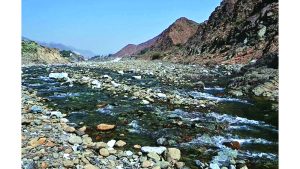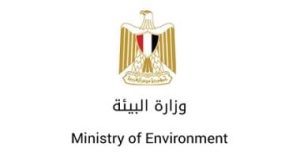Oil and gas extraction is expected to be banned in six protected marine areas in Germany along the North Sea and Baltic Sea coasts, according to a draft law submitted by the German Ministry of the Environment and approved by the German Cabinet in its weekly session on Wednesday.
Environment Minister Carsten Schneider said that protecting marine nature and abandoning fossil energy sources are incompatible with drilling operations for oil and gas extraction, and the draft law still requires approval by the German parliament.
It is noted that within Germany’s exclusive economic zone, which is the marine area outside coastal waters, there are six protected areas covering a total of about ten thousand square kilometers, including areas west of the island of Sylt and in the Bay of Pomerania.
Commercial fishing restrictions are already applied there.
According to the federal government’s draft law, exploration and extraction of mineral resources there will mainly be limited to sand and gravel extraction, and oil and gas extraction will only be allowed in limited exceptional cases.
The environmental organization Greenpeace considers this project to be delayed and insufficient.
Greenpeace marine affairs expert Daniela von Schaper confirmed: “Harbor porpoises, seabirds, and many other marine creatures need real refuge areas.”
She added: “As long as drilling, construction, or fishing are allowed in these protected areas, protection will not be effective.”
The ban does not include the gas extraction project planned by the Dutch company One-Dyas northwest of the island of Borkum in the North Sea, as the gas field lies entirely within the coastal waters of the state of Lower Saxony, and thus is not affected by the exclusive economic zone ban, according to a spokesperson for the state’s Mining, Energy and Geology Authority. However, the ban may include other adjacent gas fields that the company plans to develop in the future.













Recommended for you
Exhibition City Completes About 80% of Preparations for the Damascus International Fair Launch
Talib Al-Rifai Chronicles Kuwaiti Art Heritage in "Doukhi.. Tasaseem Al-Saba"
Unified Admission Applications Start Tuesday with 640 Students to be Accepted in Medicine
Egypt Post: We Have Over 10 Million Customers in Savings Accounts and Offer Daily, Monthly, and Annual Returns
His Highness Sheikh Isa bin Salman bin Hamad Al Khalifa Receives the United States Ambassador to the Kingdom of Bahrain
Al-Jaghbeer: The Industrial Sector Leads Economic Growth